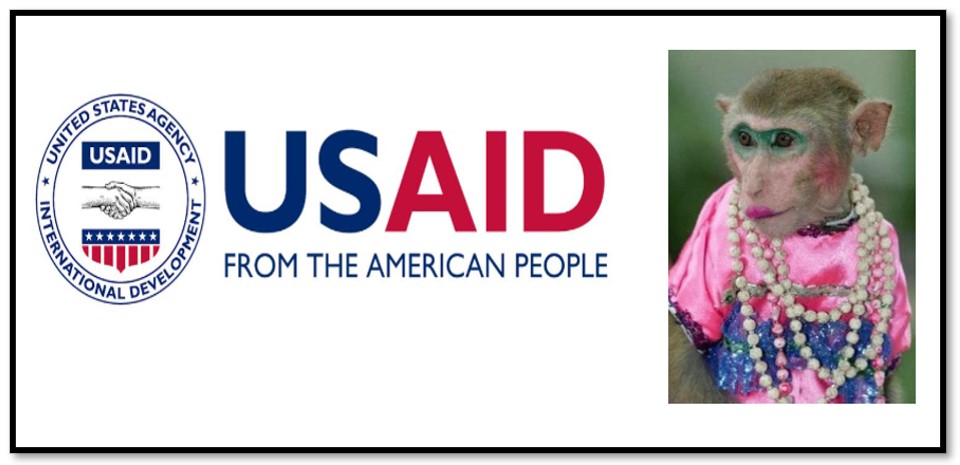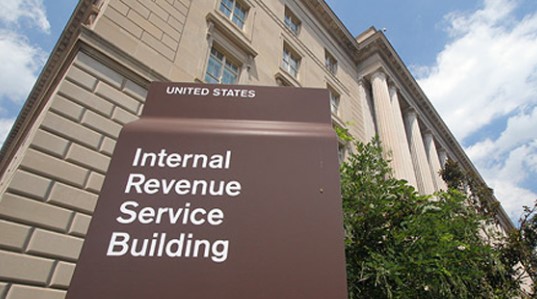 Parler
Parler Gab
Gab
- Lawmakers revealed the Biden administration pressured banks to deny services to conservatives, crypto firms, and other disfavored groups.
- Dubbed "Operation Choke Point 2.0," this practice targets individuals based on political views, raising concerns about free speech and government overreach.
- Senate Banking Committee Chairman Tim Scott called the practice "un-American" and cited FDIC documents showing banks were instructed to limit crypto activities.
- The hearing exposed how flagged purchases, like firearms and Bibles, led to account closures, affecting businesses and individuals.
- Witnesses shared personal stories of financial disruption, with calls for reform to prevent further abuse of the financial system.
Operation Choke Point 2.0: A tool for political censorship?
Operation Choke Point, first introduced during the Obama administration, was initially designed to target industries deemed “high risk,” such as payday lenders and firearm dealers. However, critics argue that the Biden administration has weaponized this framework to silence dissent and punish political opponents. Senator Cynthia Lummis (R-WY) presented a quote from a confidential Federal Reserve handbook that instructed staff to consider whether an institution’s leadership posed “reputational risk” to the Reserve Bank. Stephen Gannon, a partner at Davis Wright Tremaine LLP, expressed shock at the directive, calling it “chilling” and warning that it could stifle free speech. “Who’s to say what is controversial and what is not controversial?” Gannon asked. “We don’t want to be in a place where free speech is chilled because there’s a concern that I might not get access to banking services.” The hearing also revealed how the Biden administration allegedly flagged purchases of firearms, Bibles, and even items associated with the terms “MAGA” or “Trump” as indicators of extremism. This practice, according to an investigation by the House Judiciary Committee, has forced banks to spy on customers and close accounts without explanation.The human cost of debanking
The consequences of debanking extend far beyond political censorship. Witnesses shared harrowing stories of how losing access to financial services has devastated businesses and individuals. Nathan McCauley, CEO of Anchorage Digital, a crypto bank, described how his institution was “virtually shut out of the federal banking system” despite being federally chartered. The sudden closure of their corporate account led to layoffs and severe disruptions. Dr. Joseph Mercola, a prominent critic of COVID-19 vaccines, also testified that his business accounts were abruptly closed by JPMorgan Chase after he spoke out against the FDA. Similarly, Melania Trump revealed in her memoir that her bank account was terminated following the January 6 Capitol riots, and her son Barron was unable to open an account, calling it “political discrimination.” Senator Elizabeth Warren (D-MA) acknowledged the scale of the problem, citing over 11,000 complaints to the Consumer Financial Protection Bureau (CFPB) about debanking in the past three years. She even agreed with President Trump’s criticism of Bank of America’s debanking practices, highlighting the bipartisan concern over this issue. The hearing concluded with calls for sweeping reforms to prevent further abuse of financial systems. For millions of Americans, the ability to access basic banking services without fear of political retribution remains a fundamental right—one that lawmakers on both sides of the aisle are now fighting to protect. The revelations from the Senate Banking Committee hearing underscore a growing concern about the Biden administration’s misuse of regulatory power to silence dissent and punish political opponents. As Operation Choke Point 2.0 continues to draw criticism, the push for accountability and reform in the banking sector has gained bipartisan momentum. For Americans who value free speech and financial freedom, the fight against debanking is just beginning. Sources for this article include: ReclaimTheNet.org NYPost.com Heritage.orgElon Musk and DOGE uncover massive fraud in USAID, sparking calls for government transparency
By Finn Heartley // Share
By News Editors // Share
Governments continue to obscure COVID-19 vaccine data amid rising concerns over excess deaths
By patricklewis // Share
Tech giant Microsoft backs EXTINCTION with its support of carbon capture programs
By ramontomeydw // Share
Germany to resume arms exports to Israel despite repeated ceasefire violations
By isabelle // Share










